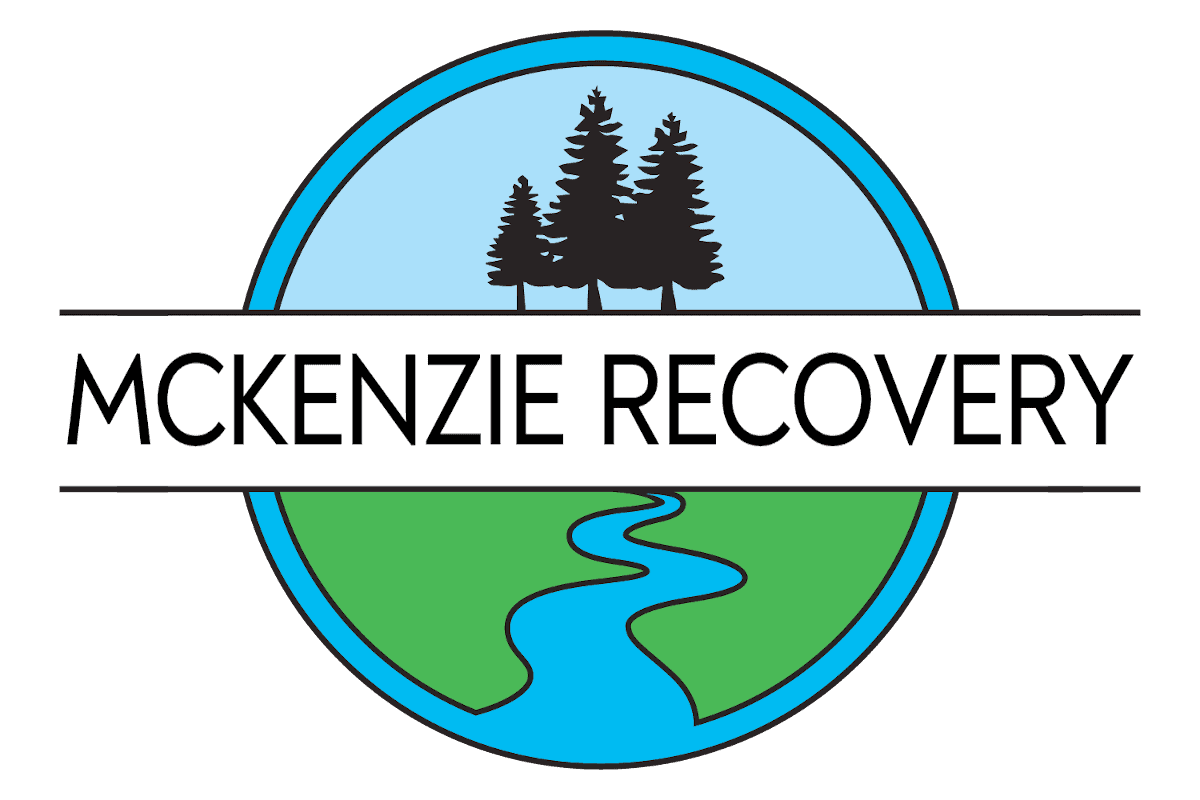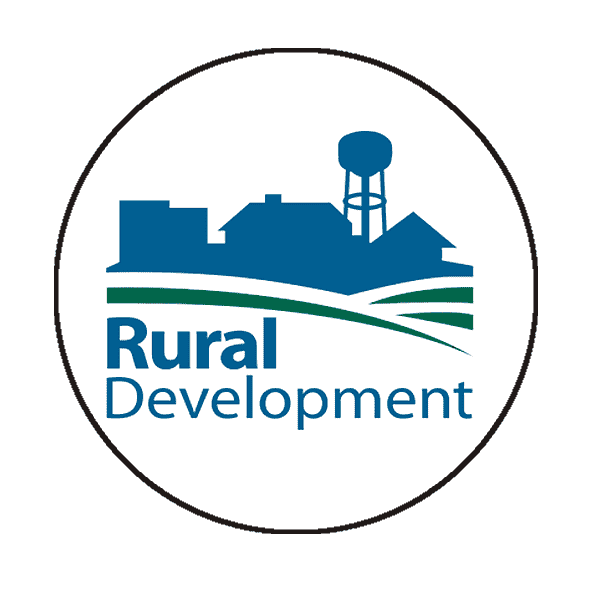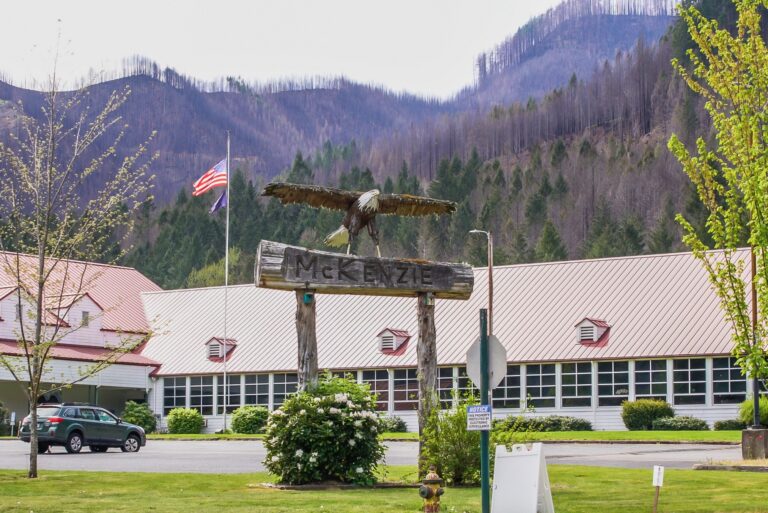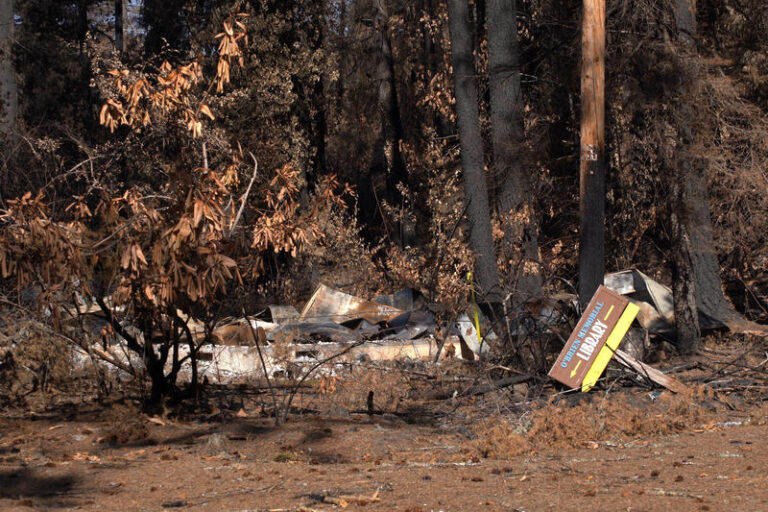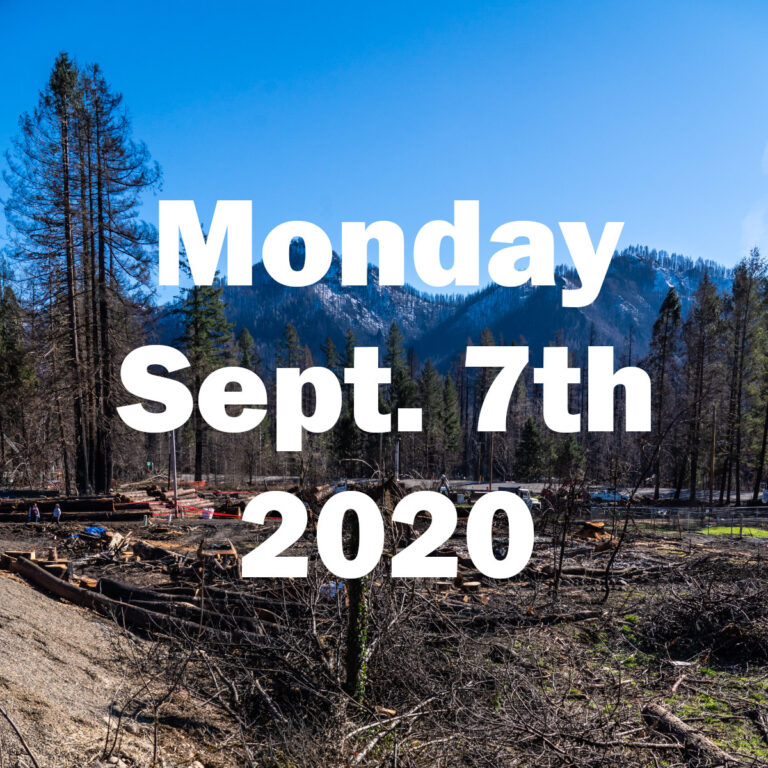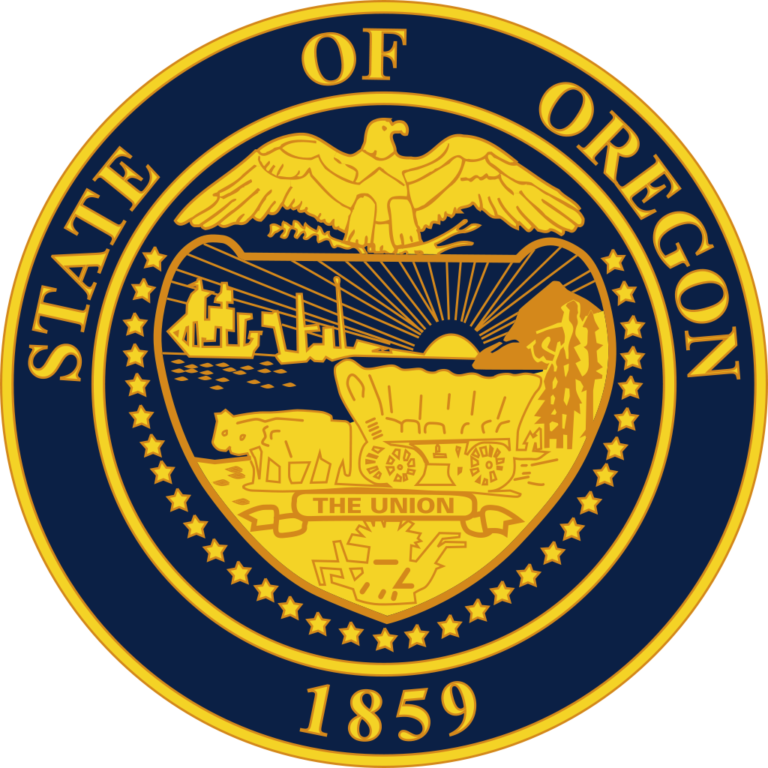FEMA Awards ODOT Over $34 Million for Debris Removal in Wildfire Affected Counties
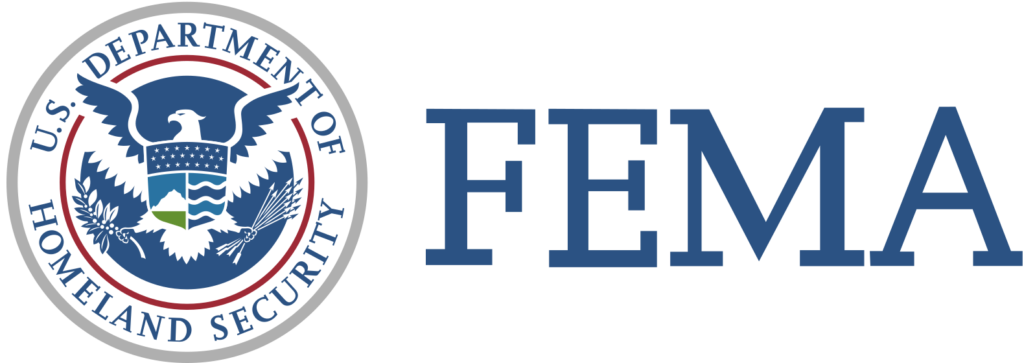
Salem, Ore. – FEMA has approved $34,488,250 for the State of Oregon to defray the costs of debris removal throughout Douglas, Jackson, Lane, Lincoln and Marion counties from 2020’s devastating wildfires under FEMA’s Public Assistance Program (PA).
FEMA funds will reimburse the Oregon Department of Transportation for the collection, removal and disposal of debris from destroyed structures throughout Douglas, Jackson, Lane, Lincoln and Marion counties following the September 2020 wildfires.
Douglas County
$2,036,091 in PA funds were obligated for contractors to gather and haul away an estimated 8,339 tons of mixed debris from approximately 65 private residential properties.
Jackson County
$10,274,429 in PA funds were obligated for contractors to gather and haul away an estimated 42,079 tons of mixed debris from approximately 328 private residential properties.
Lane County
$6,734,763 in PA funds were obligated for contractors to gather and haul away an estimated 27,582 tons of mixed debris from approximately 215 private residential properties.
Lincoln County
$3,508,341 in PA funds were obligated for contractors to gather and haul away an estimated 19,961 tons of mixed debris from approximately 112 private residential properties.
Marion County
$11,934,626 in PA funds were obligated for contractors to gather and haul away an estimated 48,878 tons of mixed debris from approximately 381 private residential properties.
Debris removed from these properties included: miscellaneous metals (excluding vehicles); burned debris and ash; contaminated soil; and vegetative debris (hazardous trees) that were determined to pose a threat to public health and safety from private property for disposal.
ODOT obtained the authority to remove debris on private property—not including commercial property— by signed right of entry agreements between the county and private property owners.
Funding for this Public Assistance (PA) project is authorized under Sections 403 of the Robert T. Stafford Act for Oregon to cover wildfire-related expenses, reimbursing eligible applicants for the cost of debris removal; life-saving emergency protective measures; and the repair, replacement or restoration of disaster-damaged facilities like buildings, roads and utilities.
FEMA’s PA grant program is an essential source of funding for communities recovering from a federally declared disaster or emergency. The Oregon Office of Emergency Management (OEM) works with FEMA during all phases of the PA program and conducts final reviews of FEMA-approved projects.
Applicants work directly with FEMA to develop project worksheets and scopes of work. Following approvals by FEMA and OEM, FEMA obligates funding for the project.
FEMA’s PA program provides grants to state, tribal and local governments, and certain types of private non-profit organizations including some houses of worship, so that communities can quickly respond to and recover from major disasters or emergencies.
The federal share for PA projects is not less than 75% of the eligible cost. The state determines how the non-federal share of the cost of a project (up to 25%) is split with the sub-recipients like local and county governments.
###
Disaster recovery assistance is available without regard to race, color, religion, nationality, sex, age, disability, English proficiency or economic status. If you or someone you know has been discriminated against, call FEMA toll-free at 800-621-3362 (TTY 800-462-7585). Those who use a Relay service such as a videophone, InnoCaption or CapTel should update FEMA with their assigned number for that service. They should be aware phone calls from FEMA may come from an unidentified number. Multilingual operators are available. (Press 2 for Spanish)
Disaster survivors affected by the Oregon wildfires and straight-line winds can also get personalized mitigation advice to repair and rebuild safer and stronger from a FEMA Mitigation Specialist. For information on how to rebuild safer and stronger or to inquire as to your new flood risk following a fire near you, email FEMA-R10-MIT@fema.dhs.gov, a FEMA Hazard Mitigation specialist will respond survivor inquiries. When rebuilding check with your local building official and floodplain administrator for guidance.
Follow FEMA Region 10 on Twitter and LinkedIn for the latest updates and visit fema.gov for more information.
FEMA’s mission is helping people before, during, and after disasters.
